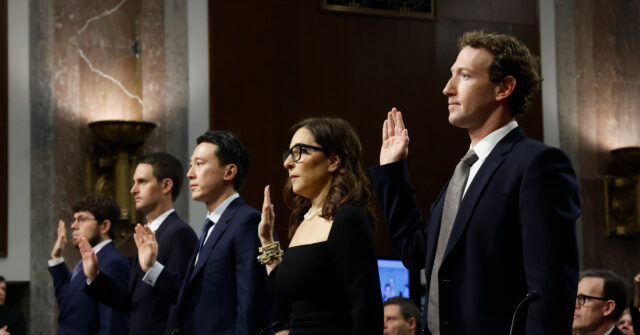President-elect Donald Trump’s commitment to limit the influence of big tech reflects a growing concern among the American populace regarding the power these companies wield. According to a JL Partners poll, a significant majority—74% of Americans—expressed worries about big tech’s impact on politics, the economy, and personal lives. The survey highlighted that while 15% had some concerns, only 7% felt indifferent. In a landscape increasingly dominated by technological monopolies, this sentiment points to a burgeoning desire for regulatory measures that aim to protect individual rights and democratic processes. The poll indicates that public apprehension regarding big tech is not only about current influence but also about future implications, underlying a broad desire for accountability and transparency in how these entities function.
The poll also revealed profound concerns over the financial leverage that big tech companies exert over government policies, with 78% of respondents noting their unease about the millions spent to shape legislation. Additionally, there is strong support for potential antitrust litigation against these corporations, with 69% advocating legal action on the grounds that the dominance of these companies stifles competition and reduces consumer options. The survey, conducted among 1,000 registered voters from November 15-18 and featuring a margin of error of 3.1 percentage points, signifies a critical moment in the dialogue surrounding the intersection of technology and governance; voters clearly indicate a desire for regulatory changes to address the overwhelming presence of major tech firms in everyday life.
Trump’s remarks convey a commitment to reining in the influence of big tech, particularly as he considers a bid for reelection. The former president has positioned himself as a victim of big tech’s alleged censorship, specifically referencing the suppression of stories critical of his opponents during the 2020 election. A poll conducted in 2022 suggested that a substantial 71% of Americans believe that better media coverage of these stories could have potentially altered the election results. In his statements, Trump emphasized the importance of monitoring the forthcoming 2024 election closely, reflecting a heightened anxiety among some voters regarding electoral integrity in light of perceived biases in how tech platforms operate.
In Trump’s narrative, he frames the upcoming election as a battleground over fairness and transparency, specifically calling out social media giants like Facebook for their roles in shaping public discourse. His message called for stringent oversight of the electoral process to prevent what he labeled as “Cheating and Skullduggery” that marked the previous election. He provided a stern warning that any future infractions would be met with severe legal ramifications, signaling a zero-tolerance approach to perceived injustices that he claims could erode the democratic foundation of the United States.
Historically, Trump’s administration took steps against big tech during his presidency, with his Justice Department and a coalition of Republican-led states launching an antitrust case against Google. However, following Trump’s loss in the 2020 election, the Biden administration continued to scrutinize Google and its practices. Despite this persistent inquiry, reports indicated that Google seemingly favored the Biden administration in terms of search result rankings, stirring accusations from Trump of “election interference.” He asserts that the search engine’s algorithm prioritizes negative information about him while uplifting favorable stories about Democrats, thereby exploiting its power to skew public perception in a politically advantageous direction.
This ongoing conflict between Trump and big tech encapsulates larger struggles over power, influence, and public trust in the digital age. With rising awareness among voters regarding the implications of unchecked corporate power, the narrative surrounding big tech’s role in politics is likely to intensify. For many Americans, the desire to see a more equitable digital landscape is coupled with a push for reforms that mandate accountability from technology companies in their dealings with the government and the electorate. With election season on the horizon, Trump’s stance could resonate strongly with a public increasingly wary of the extent of big tech’s reach, potentially reshaping both electoral strategies and policy approaches to technology in American society.

